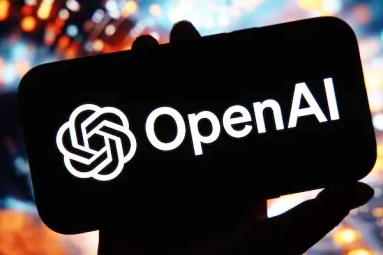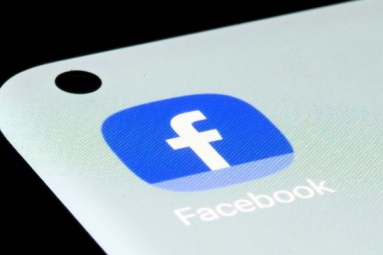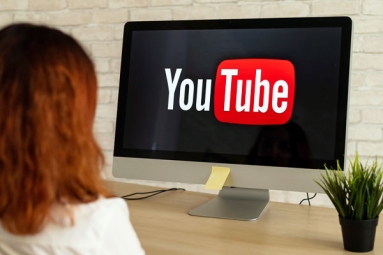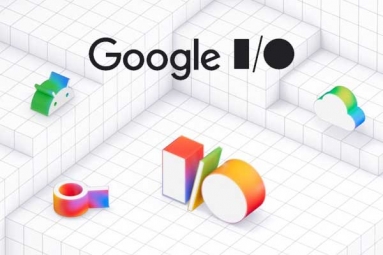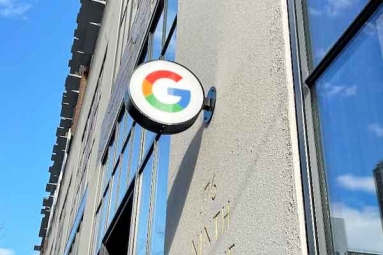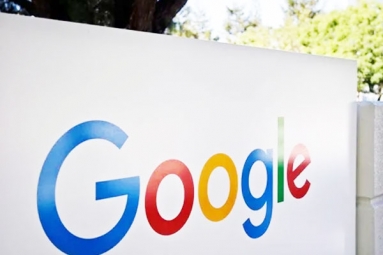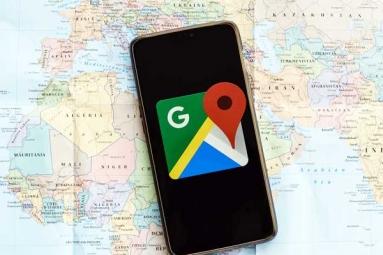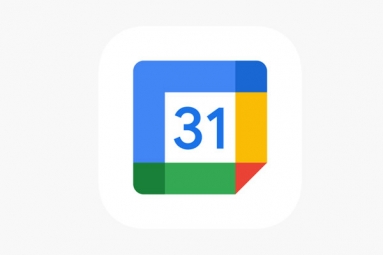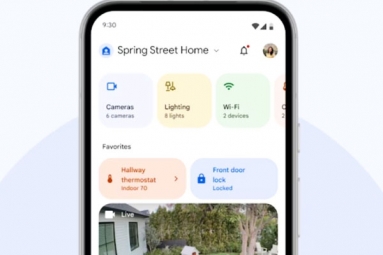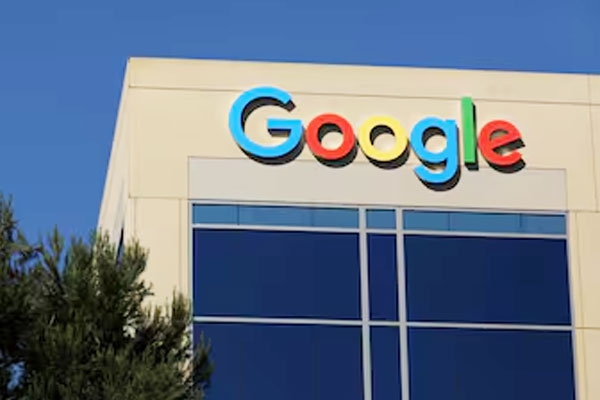
(Image source from: Cnbctv18.com)
Alphabet's Google is moving the development team for its artificial intelligence assistant app Gemini to its DeepMind lab, continuing its plans to unify the company's various groups working on artificial intelligence (AI). The search giant is streamlining its organization to “further accelerate progress in AI development,” CEO Sundar Pichai said in a blog post on Thursday. He also announced that Prabhakar Raghavan, Google's most senior head of search and advertising, will step down after four years at the helm of the company's flagship business. Raghavan will take on a new role as Google's chief engineer, Pichai said. Nick Fox, a veteran Google executive who served as vice president of search under Mr. Raghavan, will lead the company's search, advertising, maps and shopping services. Google, long the world's leading search engine, has felt over the past two years that it is lagging behind Microsoft, OpenAI and other startups in offering new AI tools and services. However, to remain competitive against upstarts disrupting search, the company must also be careful not to cannibalize its core profit engine. In his announcement, Pichai touted the restructuring as a way to streamline the company's advances in artificial intelligence.
Over the past six months, Google has integrated AI-focused teams and worked to improve its Gemini model to compete with companies like OpenAI and Anthropic. In April, the company moved its models, research team and AI team to its DeepMind division. Shortly thereafter, DeepMind merged with the research division of its domestic competitor Google Brain. DeepMind was founded in London in 2010 as an academic research institute and was acquired by Google in 2014. Executives say the agency has recently moved away from its core mission and become more product-focused. “Many of the leading research institutions right now are actually manufacturing companies,” said Eli Collins, vice president of products at DeepMind, in an interview with Bloomberg News last month. DeepMind needs to get faster to keep up with the rate of innovation in artificial intelligence, he said. Google has also been challenged by increased antitrust scrutiny from federal regulators. In August, Google lost a lawsuit over U.S. Justice Department claims that the company illegally monopolized the online search and advertising markets.
A trial over the company's alleged control of the technology used to buy and sell online advertising ended in September, with final arguments scheduled for November. A decision on this should be made by the end of the year.






